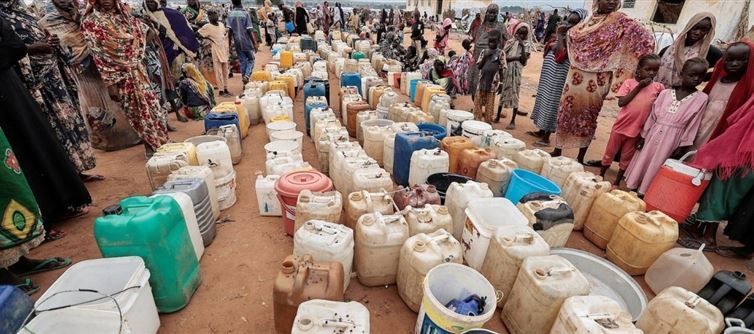
Critics argue that Gaza has become a symbolic battleground, particularly for segments of the Western left, Islamist groups, and anti-Israel activists who see the Israel-Palestine conflict as a proxy for broader ideological struggles. In this narrative, israel is portrayed as a colonial aggressor and Western-backed oppressor, while Palestinians are cast as the ultimate victims. This simplified framing generates compelling headlines, viral hashtags, and mass protests. Meanwhile, atrocities in places like sudan, Yemen, or the democratic republic of congo — where the oppressors are not easily slotted into a Western-centric oppressor-oppressed binary — receive far less attention. The absence of a convenient villain, such as a "Zionist" entity, makes these crises harder to politicize and, thus, easier to ignore.
This selective outrage reveals a deeper problem in how global suffering is weighed and responded to. When empathy is filtered through ideological lenses, it becomes less about alleviating pain and more about scoring political points. As a result, genuine humanitarian crises can be neglected simply because they don't fit a particular narrative. In the case of israel, some argue that the Jewish state continues to be uniquely demonized, with criticisms often crossing into age-old tropes that cast Jews as the source of disproportionate blame. While criticism of any government is valid and necessary, the imbalance in global responses — and the silence surrounding atrocities that lack political utility — calls into question the integrity of much of today’s activist discourse.




 click and follow Indiaherald WhatsApp channel
click and follow Indiaherald WhatsApp channel